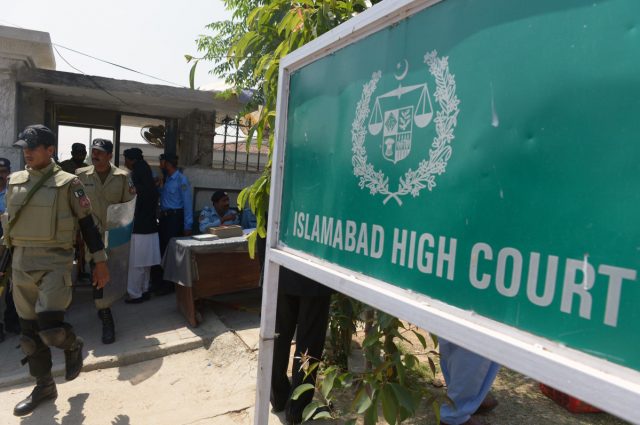The Islamabad High Court recently issued a suspension on the caretaker government’s plan to restructure the Federal Board of Revenue (FBR). This move came after the court received a petition from an FBR officer, challenging the caretaker government’s authority under the Election Act 2017 to make significant changes. According to the petitioner, the caretaker setup is meant to perform only routine functions and is barred from initiating any major policy reforms or projects that could affect the future elected government’s policies.
The court’s intervention has put a stop to the formation of a committee, which was announced by the caretaker government to lead the restructuring of the FBR. This committee, named the “Implementation and Asset Distribution Committee,” was to be established swiftly and led by the Caretaker Finance Minister, Dr. Shamshad Akhtar.
This decision has sparked a debate across various circles. Supporters of the court’s ruling praise it for maintaining the constitutional limitations placed on a caretaker government. Conversely, there are concerns about how this decision may delay necessary reforms aimed at improving the efficiency and effectiveness of the FBR.
As of now, the caretaker government has not publicly responded to the court’s decision. It is anticipated that the government may seek to overturn the court’s suspension or find alternative pathways to proceed with its plans for reforming the FBR.
This event adds to the complex political dynamics in Pakistan, especially with the upcoming general elections. The judiciary’s action against the caretaker government’s initiative is seen as a crucial moment, reflecting on the delicate balance between governance and legal oversight in the country’s evolving political landscape.




